War crimes cases on the rise despite Covid-19

Universal jurisdiction cases are on the rise around the world. The fight to bring justice to victims of international crimes is not over, says a Geneva NGO.
Covid-19 did not stop war crimes being tried by international jurisdictions. In its annual report, Trial International, a Geneva-based non-governmental organisation (NGO) even points to a rise in the number of cases being tried.
“Four years ago, we were talking about 30 cases before a dozen countries, today we have 150 suspects arrested, detained or on trial in about 18 countries,” Trial International director Philip Grant recently told Swiss public television RTS in an interview.
Trial International, has been pushing universal jurisdiction cases to help bring justice to victims of international crimes, and published last month its Universal Jurisdiction Annual Review tracking cases worldwide.
Universal jurisdiction, which Switzerland has adopted in its national law, is used to prosecute perpetrators of serious international crimes, such as genocide, war crimes, and crimes against humanity. It was using this principle that a German court made headlines in February 2021, sentencing a former Syrian intelligence officer to jail for his involvement in crimes against humanity. This was a watershed legal decision in the fight to bring officials of the Bashar al-Assad regime to justice for alleged war crimes and crimes against humanity.
The Covid-19 pandemic has not halted the progression of universal jurisdiction, although practitioners have had to adapt their working methods. As Grant explains, though part of the work of an NGO like Trial International is going to the field to collect evidence, much useful information can be found online. “The current conflicts in Syria, Myanmar, and elsewhere are the most documented conflicts in history,” he says.
Universal jurisdiction can be used for cases where there is no national justice. It is particularly useful, says Grant, in cases where the International Criminal Court (ICC) in The Hague has no legal authority, or – as in the case of Syria – where veto power is used at the United Nations Security Council to prevent the situation being referred to the ICC.
Swiss case
In Switzerland, former Liberian rebel leader Alieu Kosiah has been on trial for war crimes committed during the first Liberian civil war (1989-1996). This is the first case brought to trial in a Swiss civilian court under the principle of universal jurisdiction. The trial ended on March 5 this year at the Federal Criminal Court in Bellinzona, and a verdict is expected soonExternal link.
However, Grant denounces a lack of “strategic vision” at the Office of the Attorney General of Switzerland (OAG) which, he argues, often misses opportunities to bring justice to victims of international crimes. He regrets its limited resources, pleading for “a clear reinforcement of the means given to our prosecution authorities”.
Still, Grant is optimistic for the future. “I believe that the solution comes from the convergence of the courage of victims seeking justice, the civic engagement of NGOs, but also the collaboration with investigators and prosecutors that have resources to move forward. I believe it is this convergence, that will ensure that in the future, more perpetrators, and more important perpetrators, will be held accountable.”

In compliance with the JTI standards
More: SWI swissinfo.ch certified by the Journalism Trust Initiative









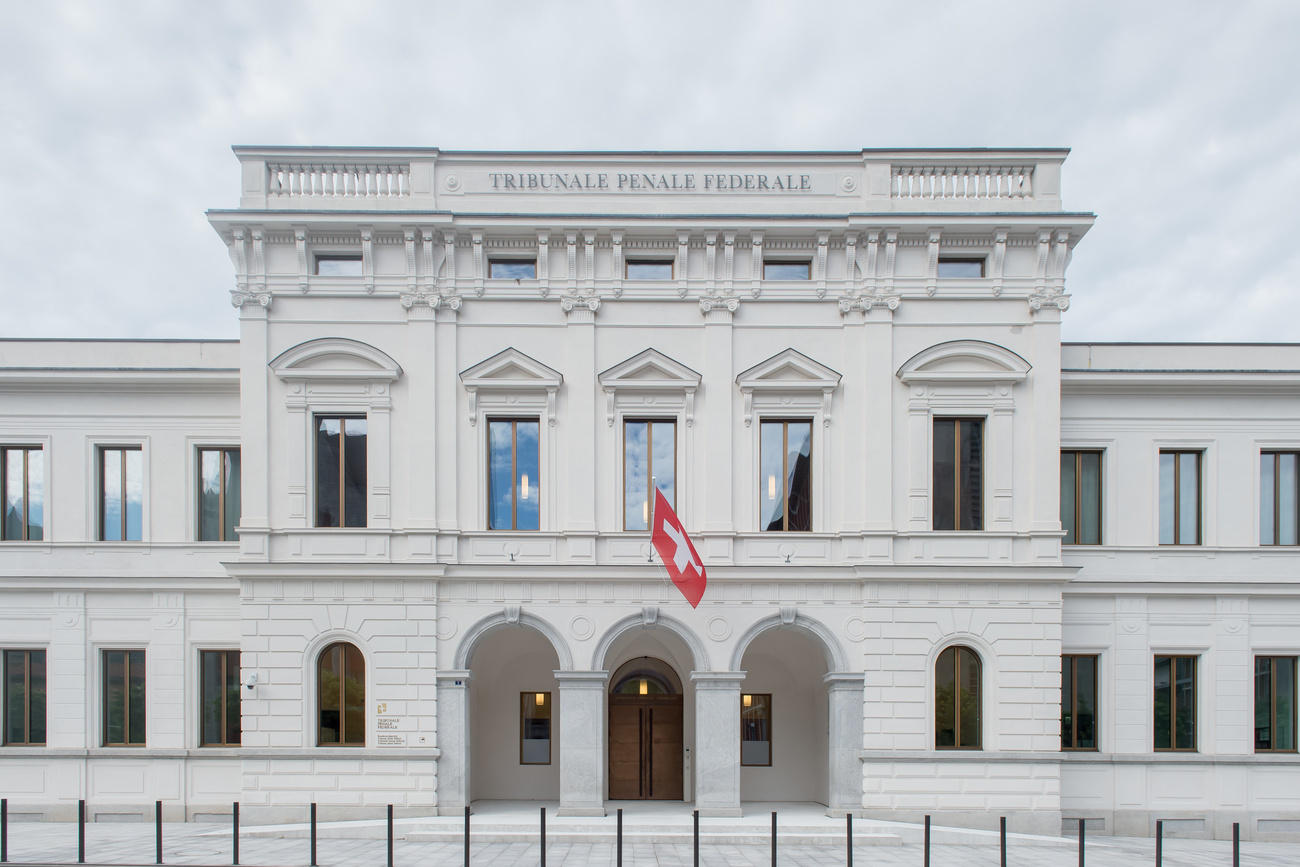
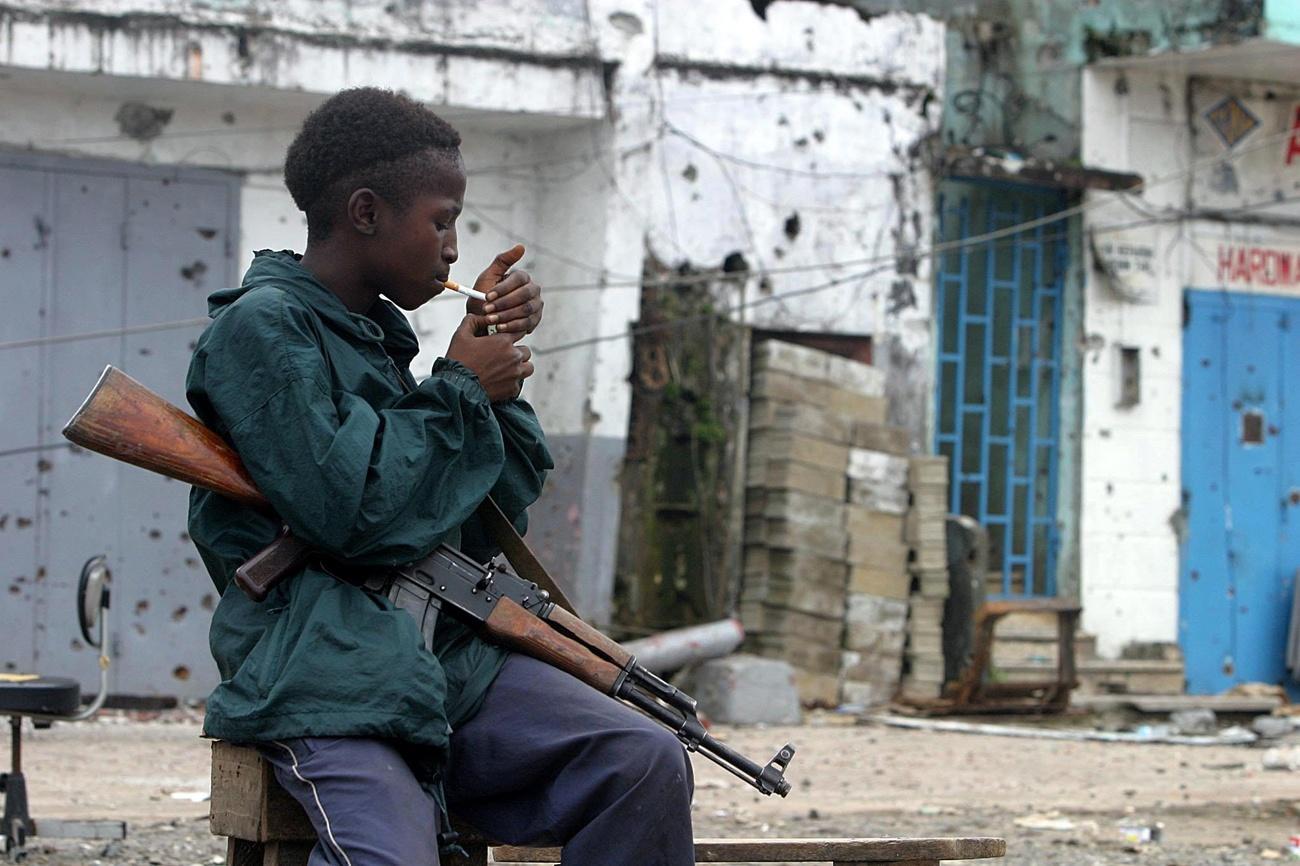
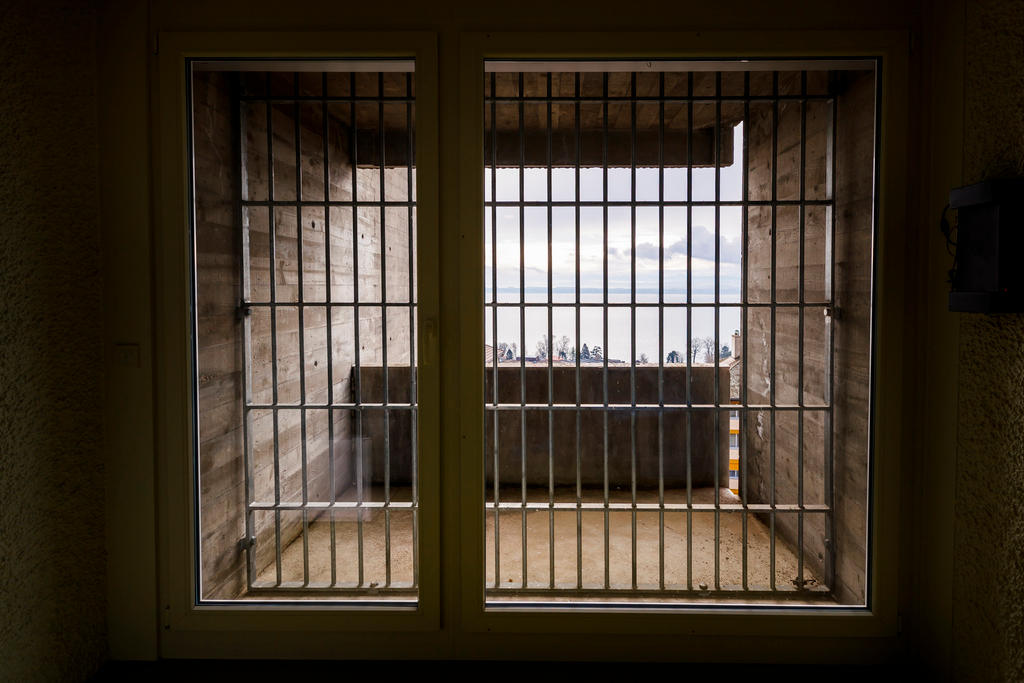
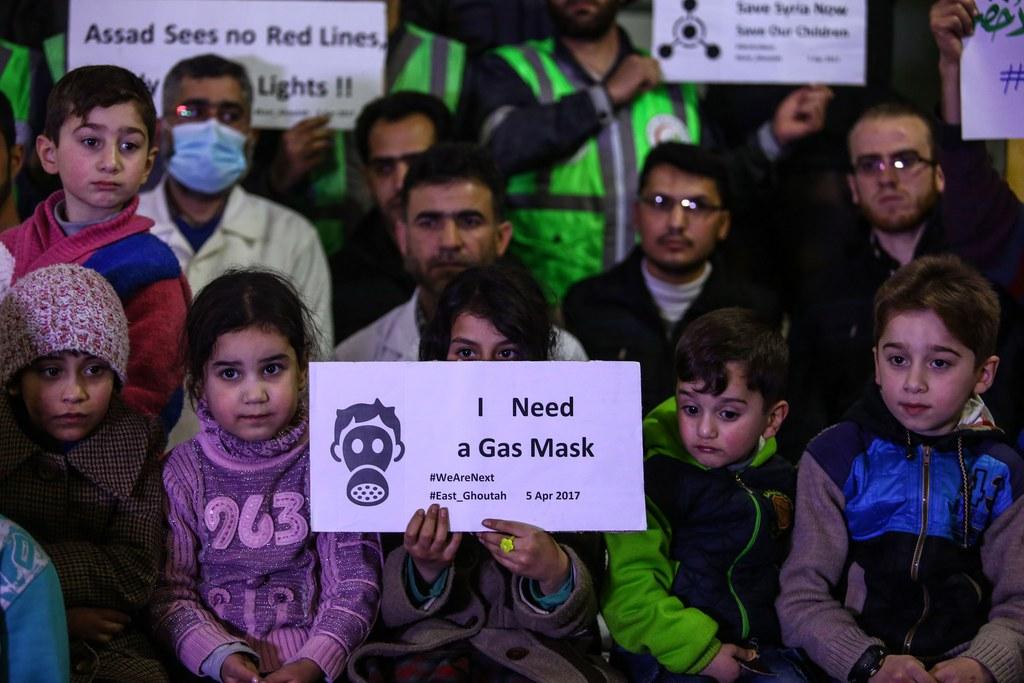
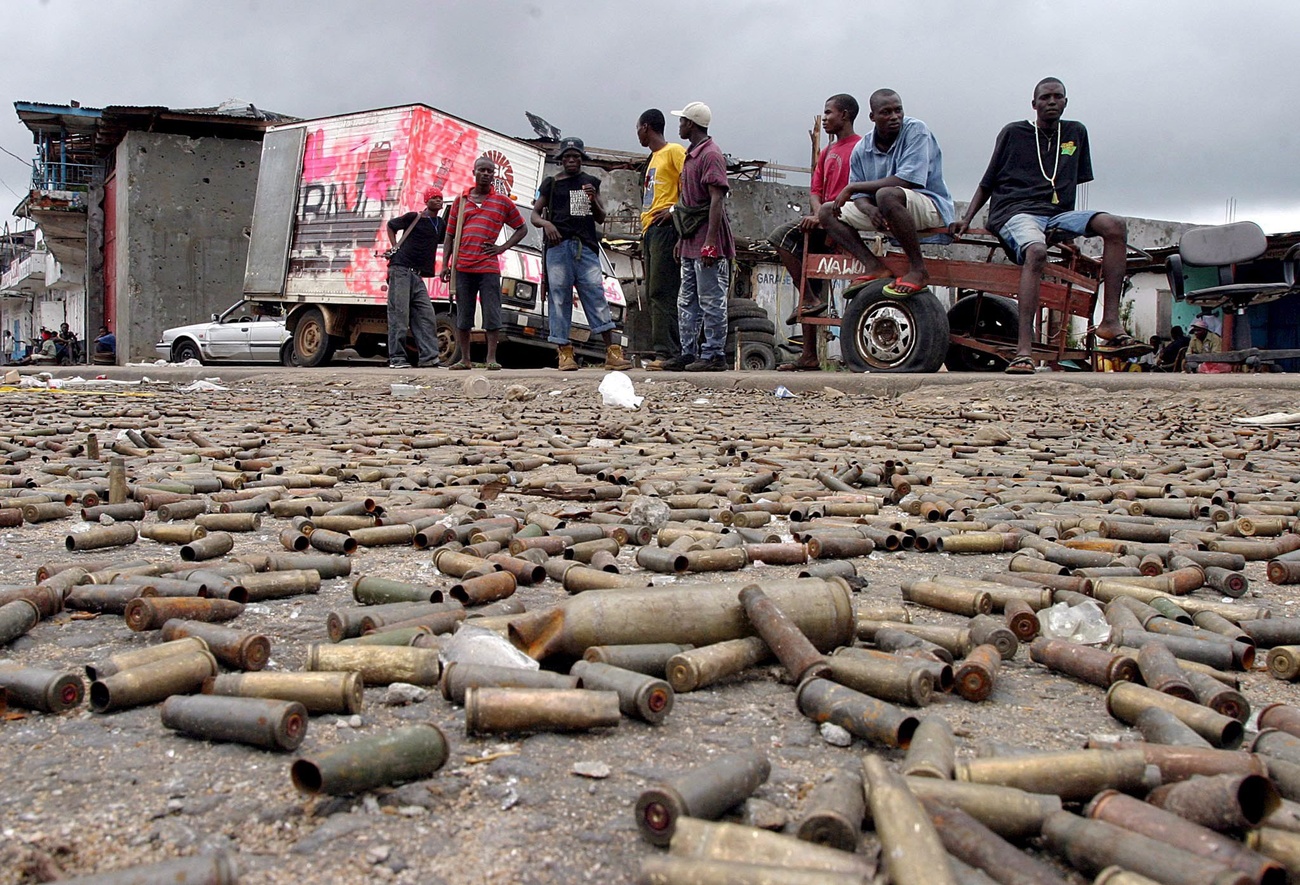
You can find an overview of ongoing debates with our journalists here . Please join us!
If you want to start a conversation about a topic raised in this article or want to report factual errors, email us at english@swissinfo.ch.